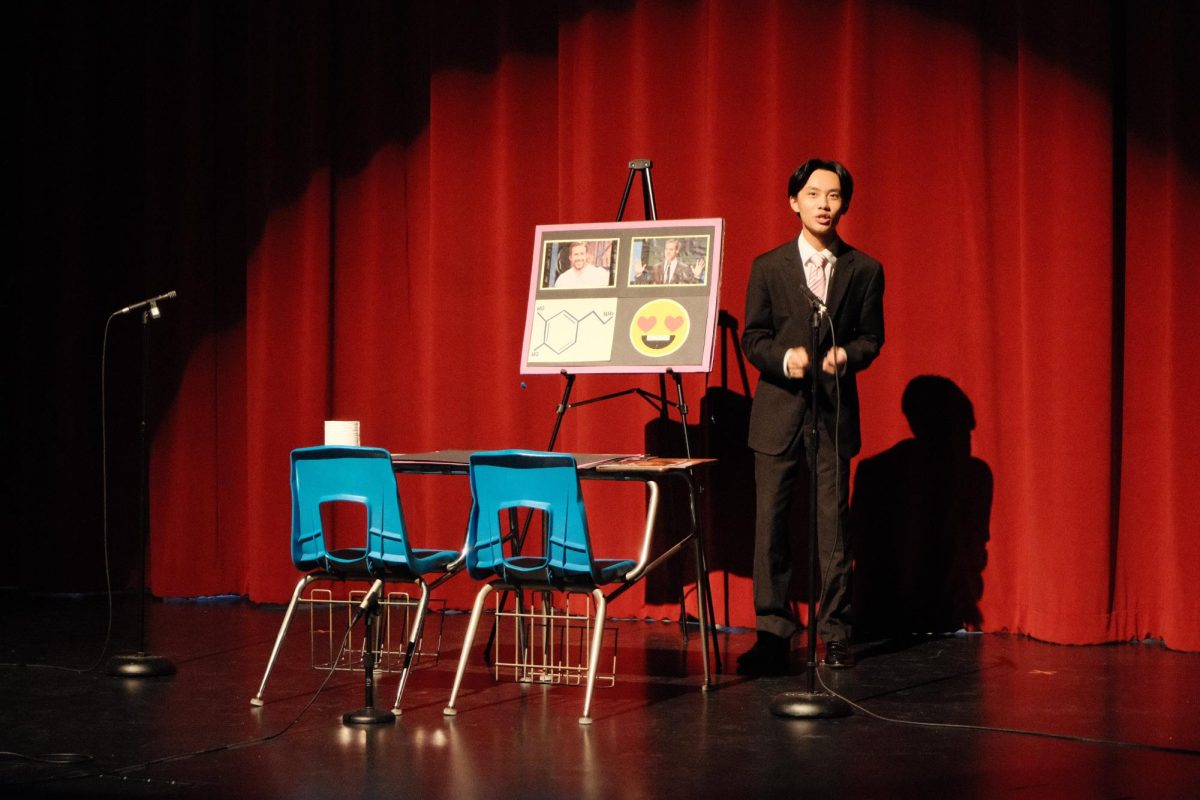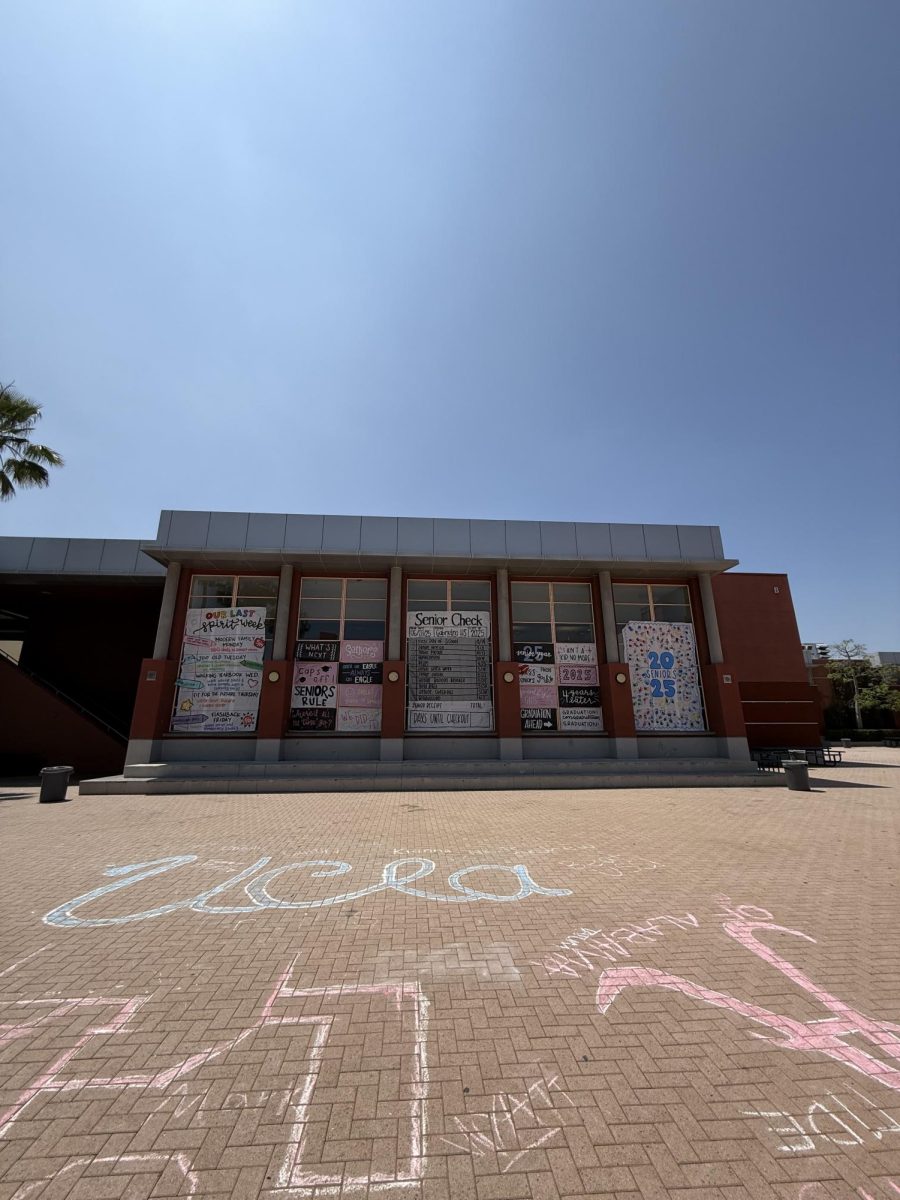Explore holidays that are celebrated around the world during the winter months.
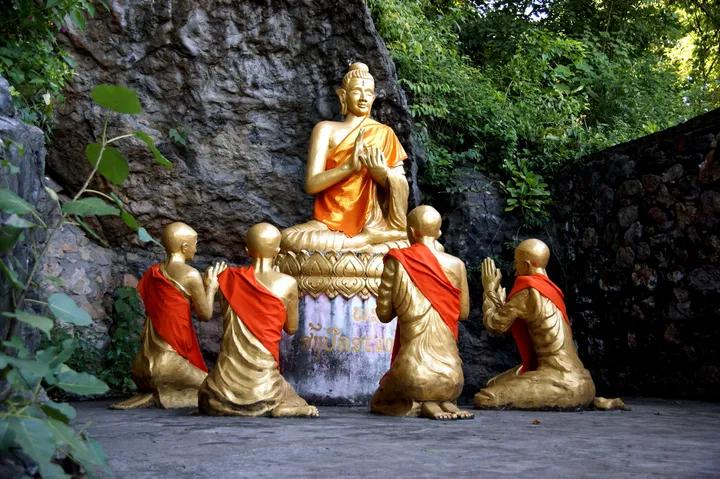
Bodhi Day
Every year on Dec. 8, Buddhists gather in local temples to celebrate the day that Buddha attained enlightenment, also known as Bodhi Day. Though the story takes on different details in different traditions, this religious occasion honors the day in which Siddhartha Gautama, after meditating under a Bodhi tree, had a spiritual awakening and freed himself from the root of suffering.
While not as prominent as the Buddhist holiday of Vesak Day, Bodhi Day still commemorates a pivotal event in Buddhist culture. The event is observed quietly with extended meditation time and chanting practices, as well as special temple services.
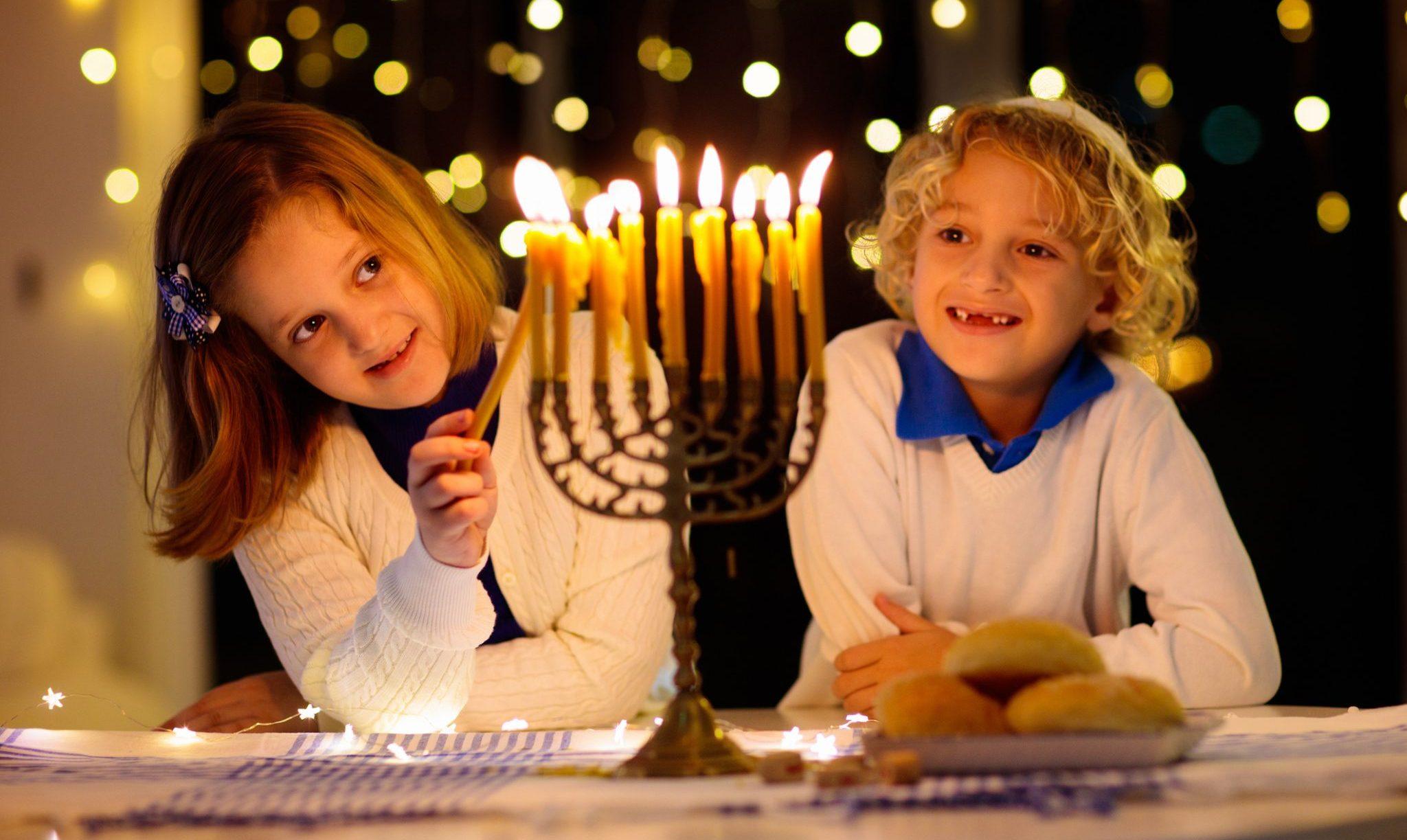
Hanukkah
Hanukkah, also known as “The Festival of Lights,” is a Jewish holiday that lasts Dec. 18-26. It commemorates the Jewish victory over Syria, who occupied Israel during the second century B.C.E. When the Jews took back the Holy Temple, they lit a nine-branched candelabrum, better known as a “menorah”, and rejoiced when the candles stayed lit for eight days using only a day’s supply of oil.
In honor of this story, Hanukkah is celebrated with the lighting of the menorah every night and with foods fried in oil such as latkes and sufganiyah. Other popular traditions include playing with dreidels and giving gifts.
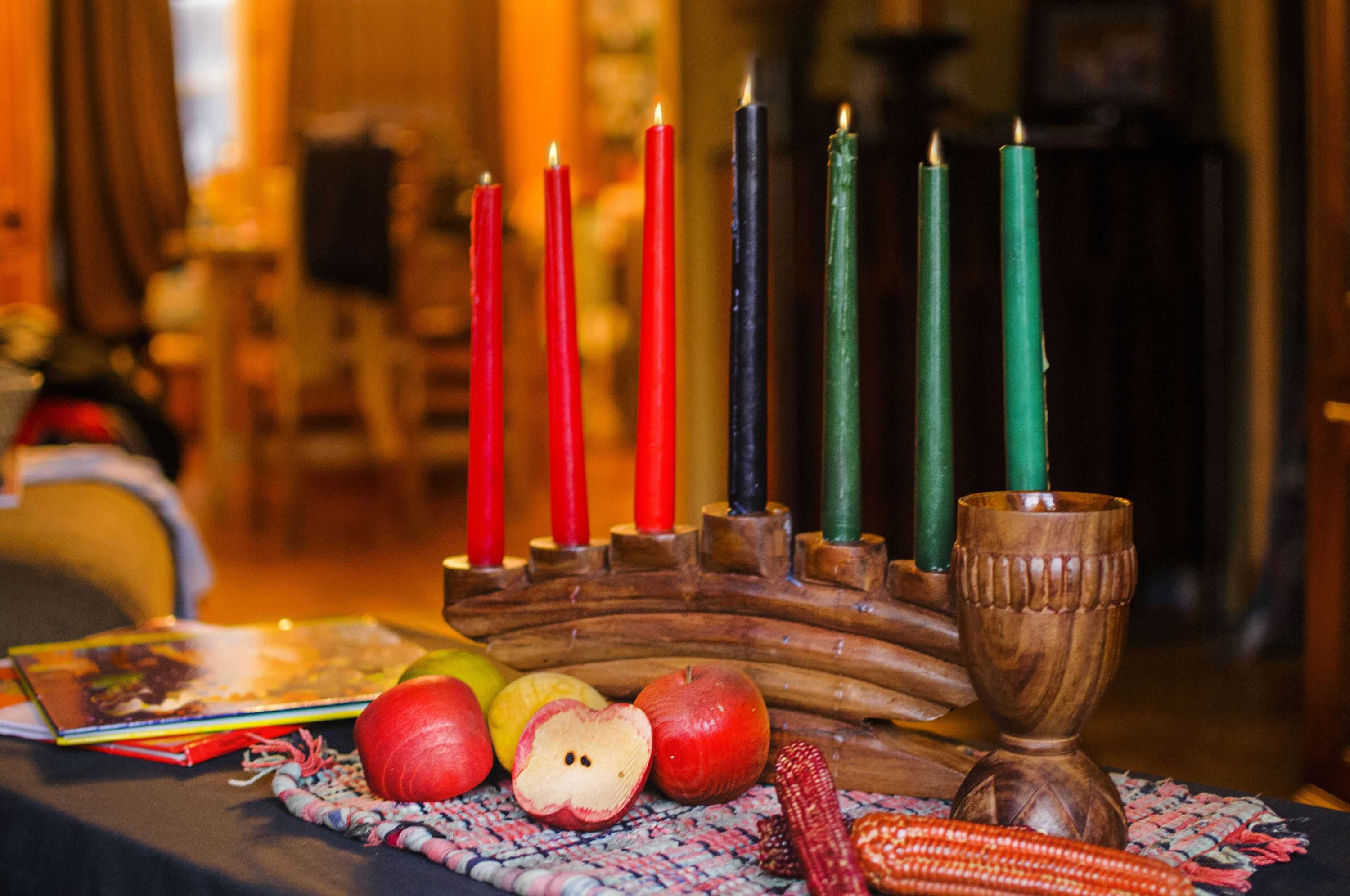
Kwanzaa
Kwanzaa is a week-long celebration of African American culture from Dec. 26 to Jan. 1. The holiday was born in 1966, a time of civil unrest for African-Americans in the United States. Kwanzaa was created to help African-Americans reconnect with their culture.
To celebrate, a straw mat is decorated yellow, green, and red which are traditional African colors. Items, like fruits and vegetables, are placed on the mat.
At the centerpiece of the mat are seven candles. Each day a candle is lit, representing a different principle of Kwanzaa. On the penultimate day, Dec. 31, a large feast filled with music and dancing is held.
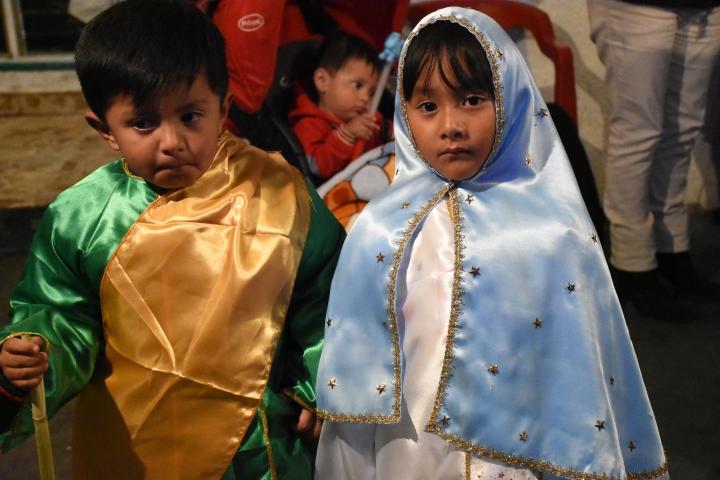
Las Posadas
Anticipating Christmas, communities across Central America and select Latin countries gather for a novena, or devotional prayer, and reenact Joseph and Mary’s struggle for a place to birth Jesus. From Dec. 16 to Dec. 24, which represent the nine months of Mary’s pregnancy, carolers dressed as shepherds and angels accompany the parents to several predetermined houses before arriving at one who welcomes them with festivities. After the final procession, there is a ceremony followed by a large feast.
This 400 year-old tradition is based on religious pageants established by Spanish missionaries.
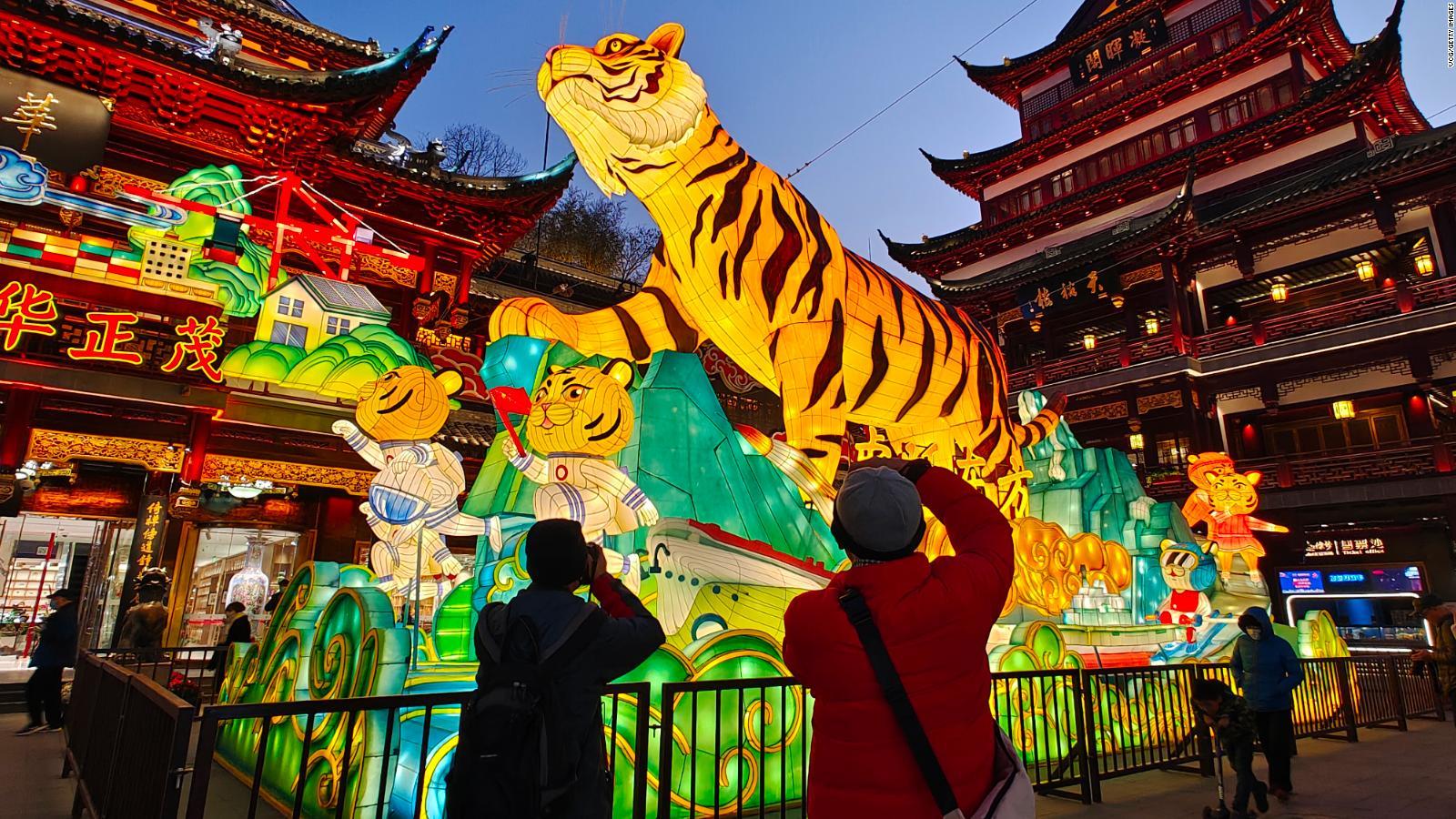
Lunar New Year
Lunar New Year, also known as Chinese New Year, is a holiday celebrated across Asia. It celebrates the coming of spring and the new year according to the lunar calendar. It also marks the change of zodiac signs.
The next Lunar New Year is on January 22, 2023.
Celebrations begin with the Spring Festival, which lasts for 11 days. During this time, people traditionally burn bamboo sticks and firecrackers, light fireworks to ward off bad spirits, perform lion dances.
Holiday ends with the lantern festival. Homes and streets will be decorated with lanterns. On the 15th day, floating lanterns are released for good luck.
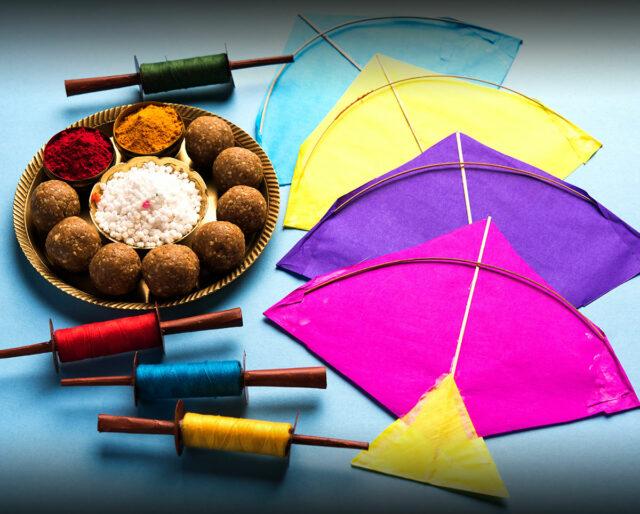
Makar Sankranti
Makar Sankranti is a Hindu holiday held on Jan. 14 or 15. It is celebrated across India to commemorate the end of the harvest season and the transition into longer days.
In Punjab, bonfires are lit and rituals are performed, while in Gujarat, there is a kite flying festival. Celebrations in Assam can last up to a week, during which there is buffalo fighting, cooking of coconut sweets, and burning of makeshift huts.
Across the subcontinent, people feast on sweets made of sesame and jaggery and people travel to northern India to bathe in the River Ganges. The holiday symbolizes the dawn of a new year, so new clothes are worn to bring good luck.
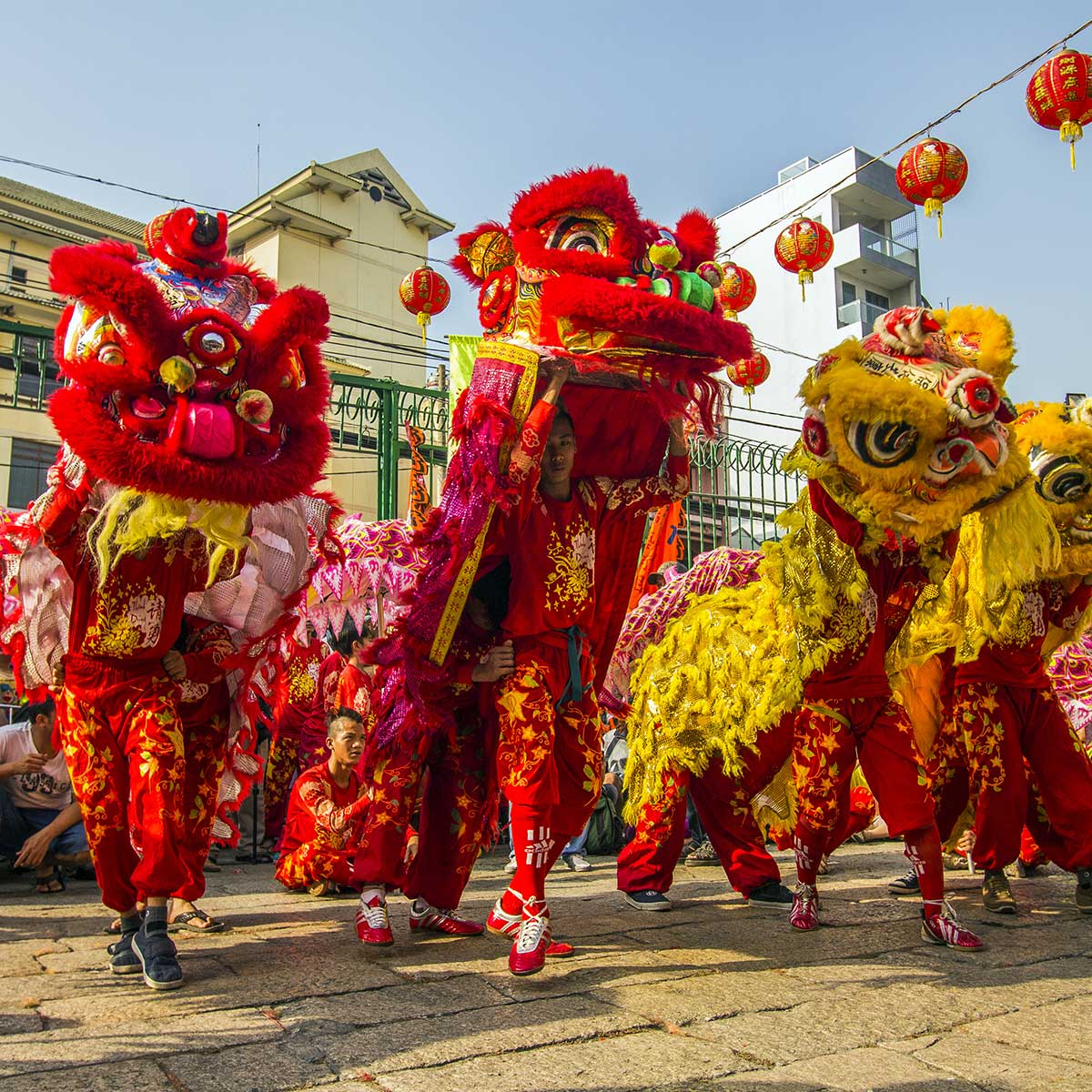
Tết Nguyên Đán
Tết Nguyên Đán, often shortened to Tết, is an important celebration in Vietnamese culture, heralding the arrival of spring after a long winter. Commonly known as the Vietnamese Lunar New Year, Tết is based on a lunisolar calendar, set to start on Jan. 22, 2023.
The holiday sets aside the troubles of the past year to invite luck, with focus on the nuclear family and their ancestors.
Many participate in parades that involve lion dancers and creating loud noises to ward off evil spirits, preparing traditional foods such as bánh tét and bánh chưng, giving red envelopes, traveling to local Buddhist temples, and leaving offerings on the family altar.
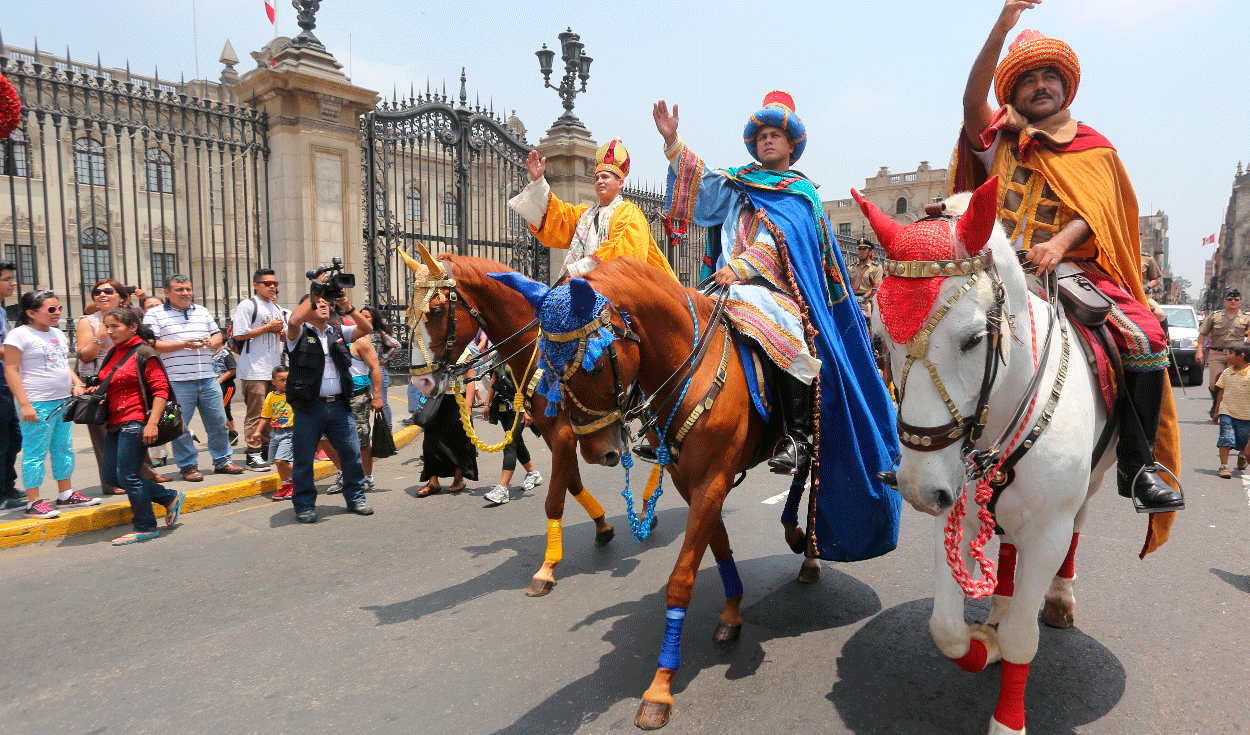
Three King’s Day
Three King’s Day, the last celebration of the twelve days of Christmas, is celebrated on Jan. 6. On this day, Melchior, Caspar, and Balthazar gave the infant Jesus the trinity of gifts: gold, frankincense, and myrrh.
This celebration is recognized by several Christians and Catholics in Latin America and throughout Europe.
The holiday is called the Epiphany in Latin American countries, is when the three wise men bring gifts and place them in the shoes of young children. In France, bakers produce the delectable “kings’ cake,” known as la galette des rois, and they conceal a penny, diamond, or small toy in it.
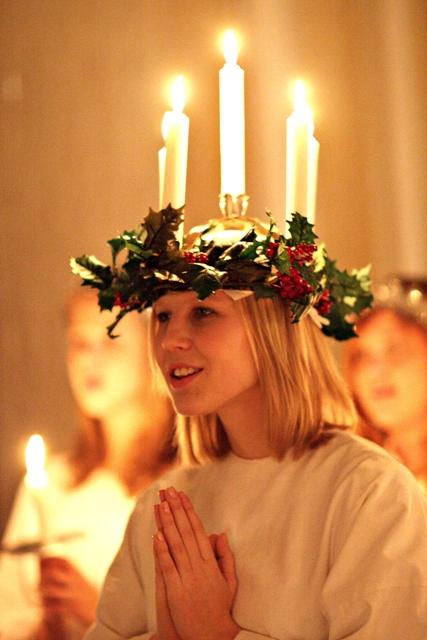
Saint Lucia’s Day
Saint Lucia’s Day is celebrated on Dec. 13 in Scandinavia and Italy. The celebrations begin around the Winter Solstice, and are named after the martyr Saint Lucia.
Saint Lucia is known for carrying food and water to Christians hiding from religious persecution in Rome. According to legend, to use more of her hands to carry these resources, she wore a wreath of candles on her head for light.
During Saint Lucia’s Day, young girls wear white dresses and a crown of either electric or wax candles to represent Saint Lucia. Families may have their eldest daughter dress in white and serve coffee and lussekatter, or saffron bread.

